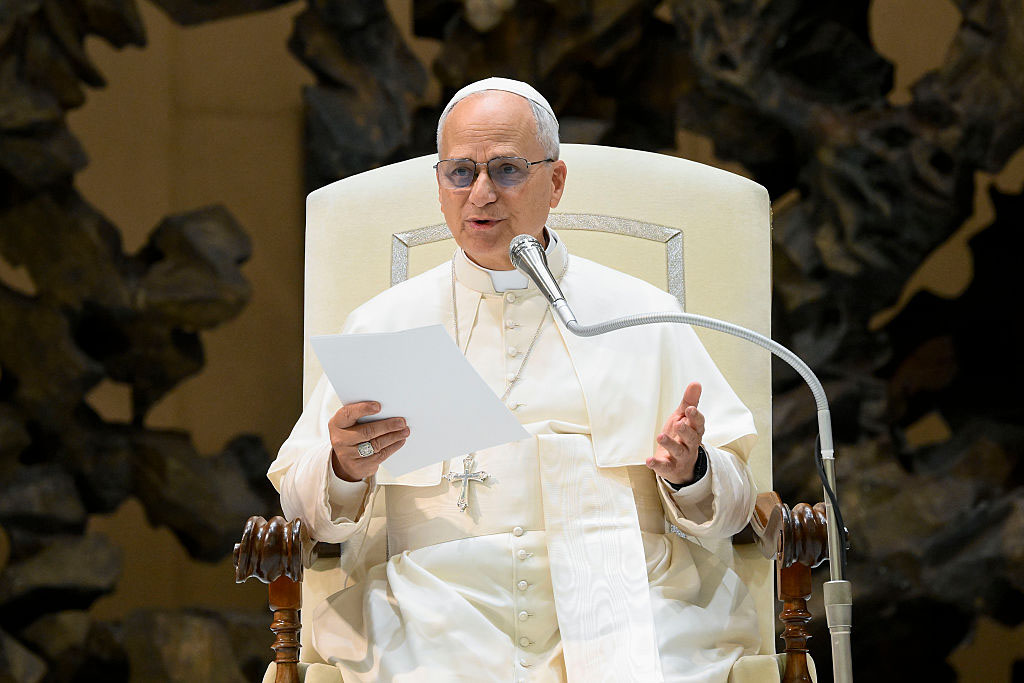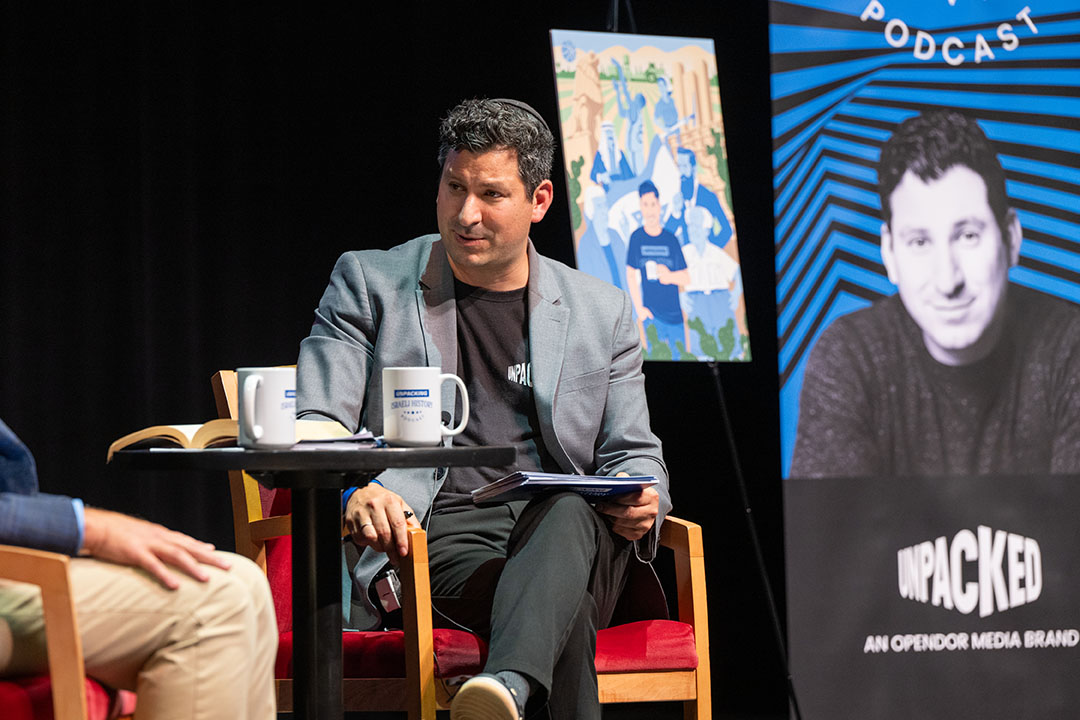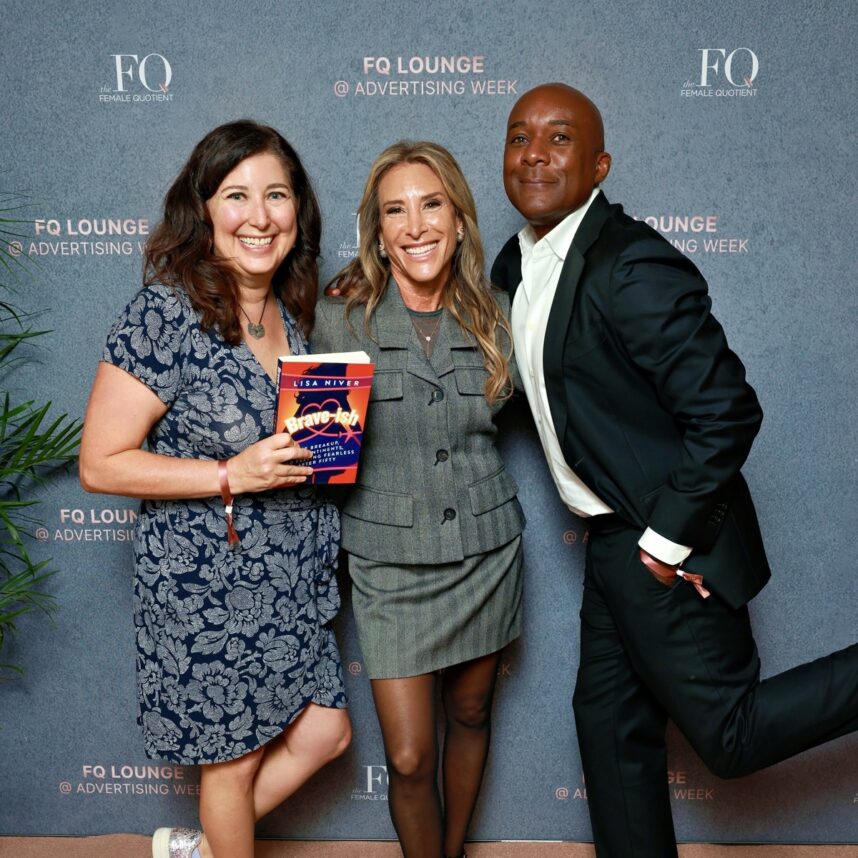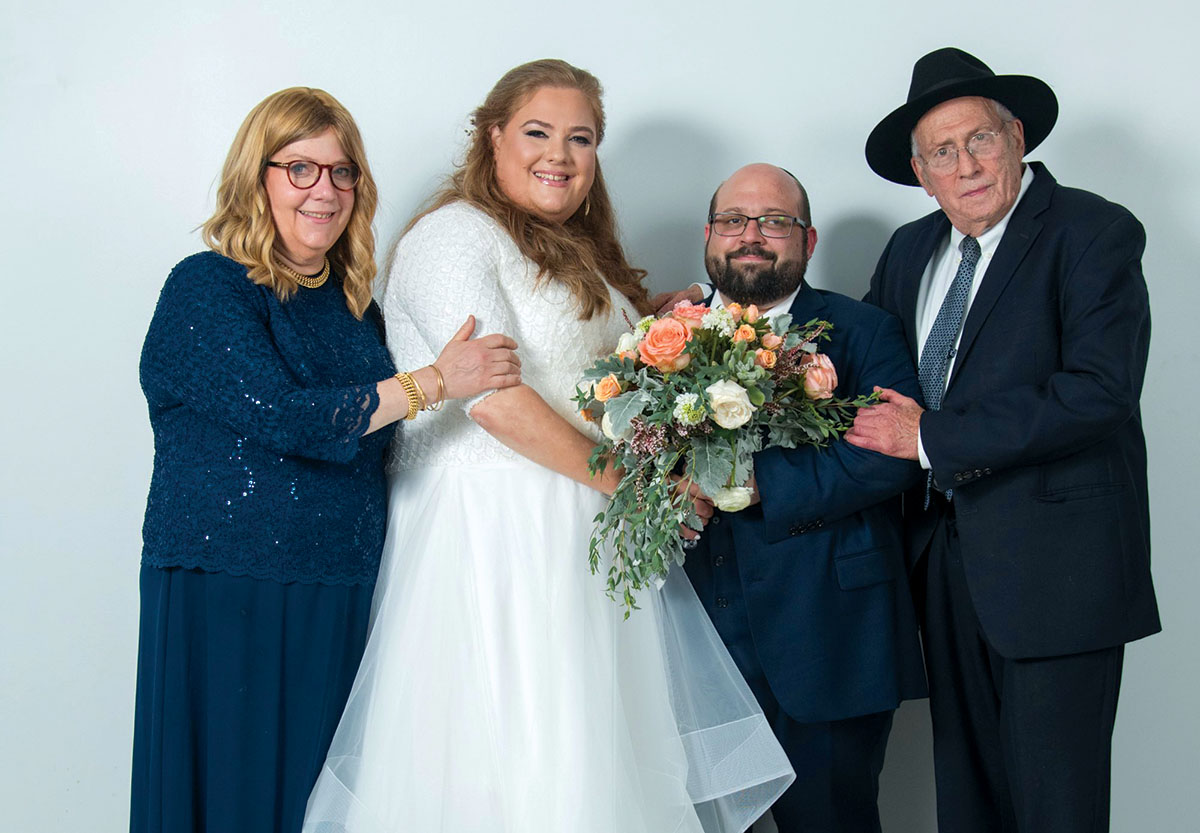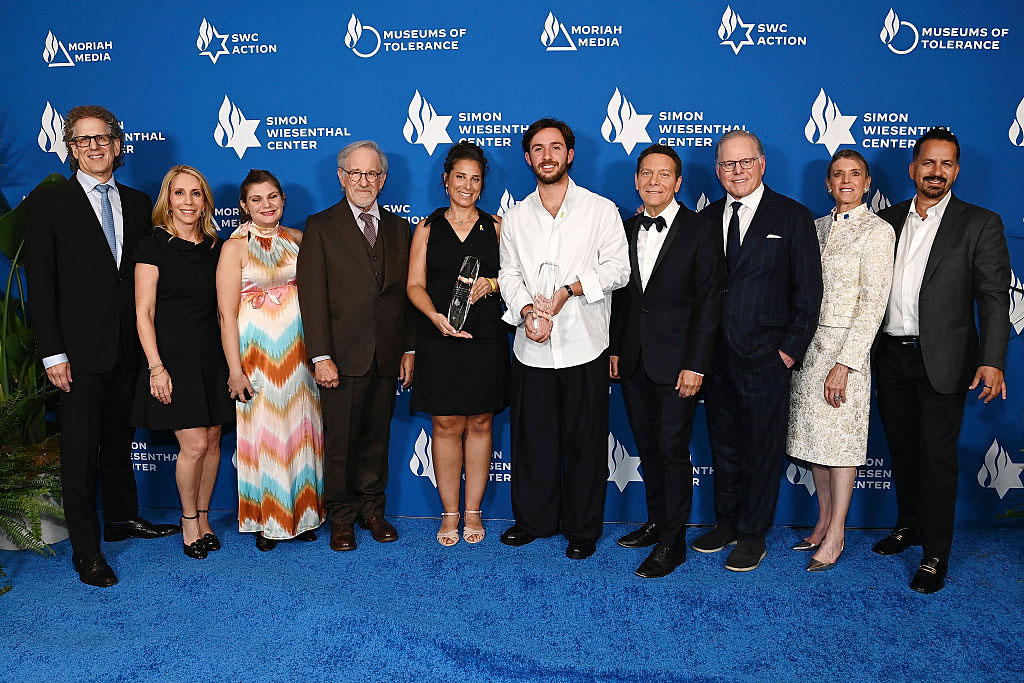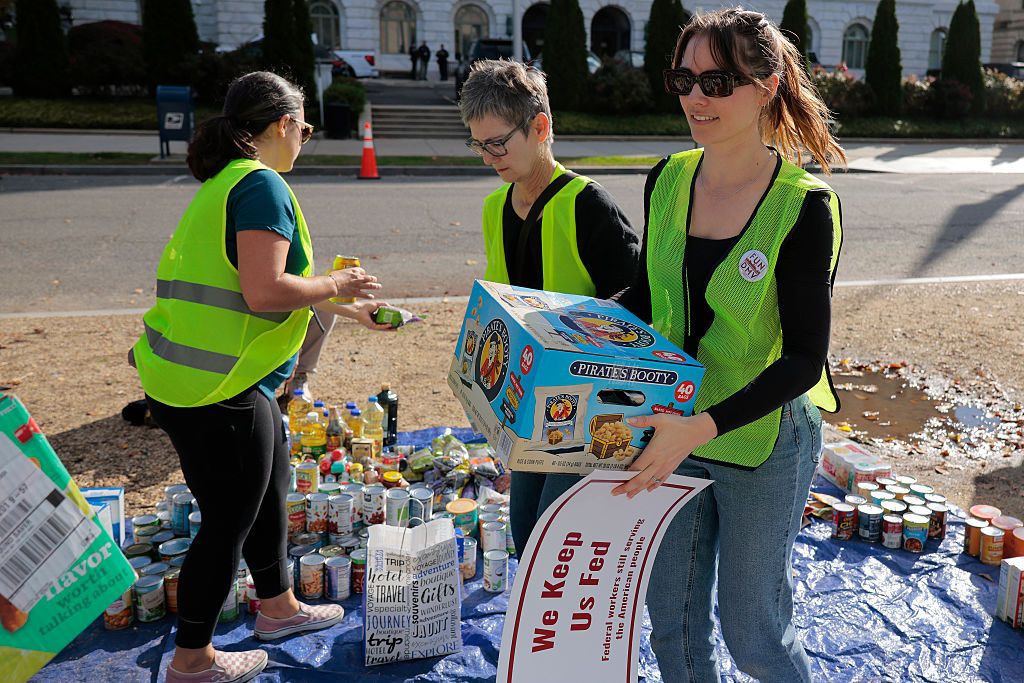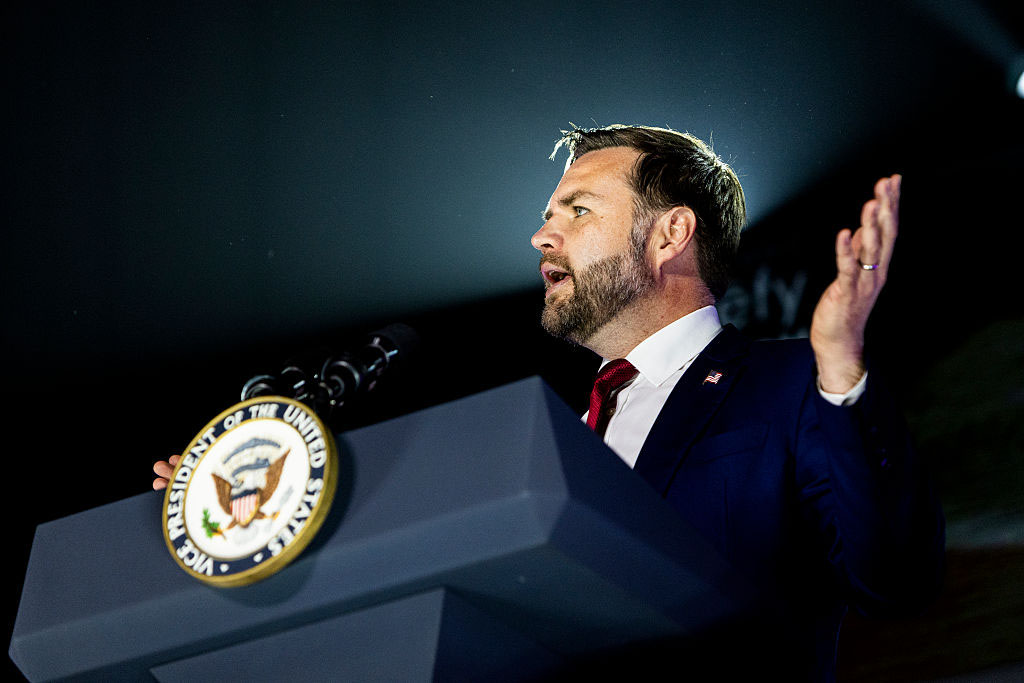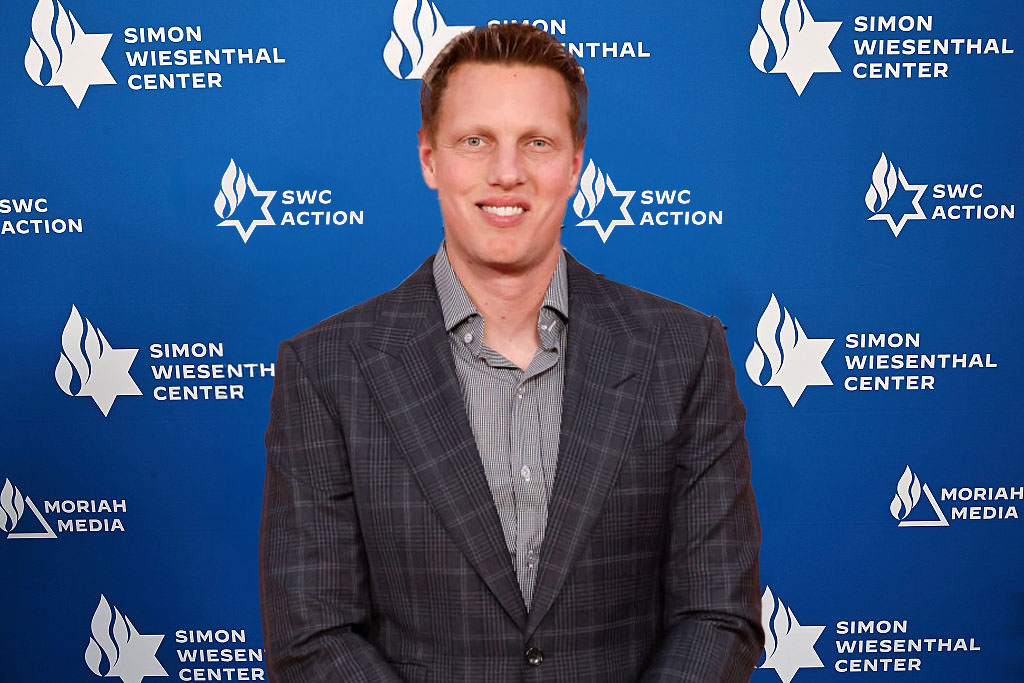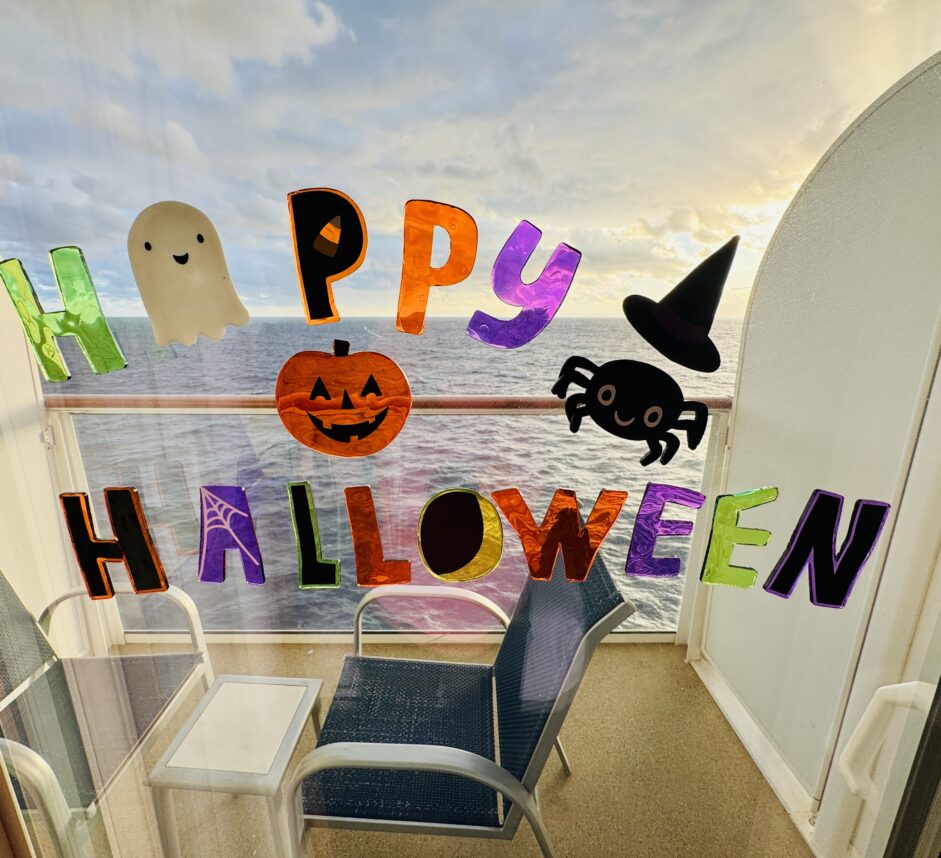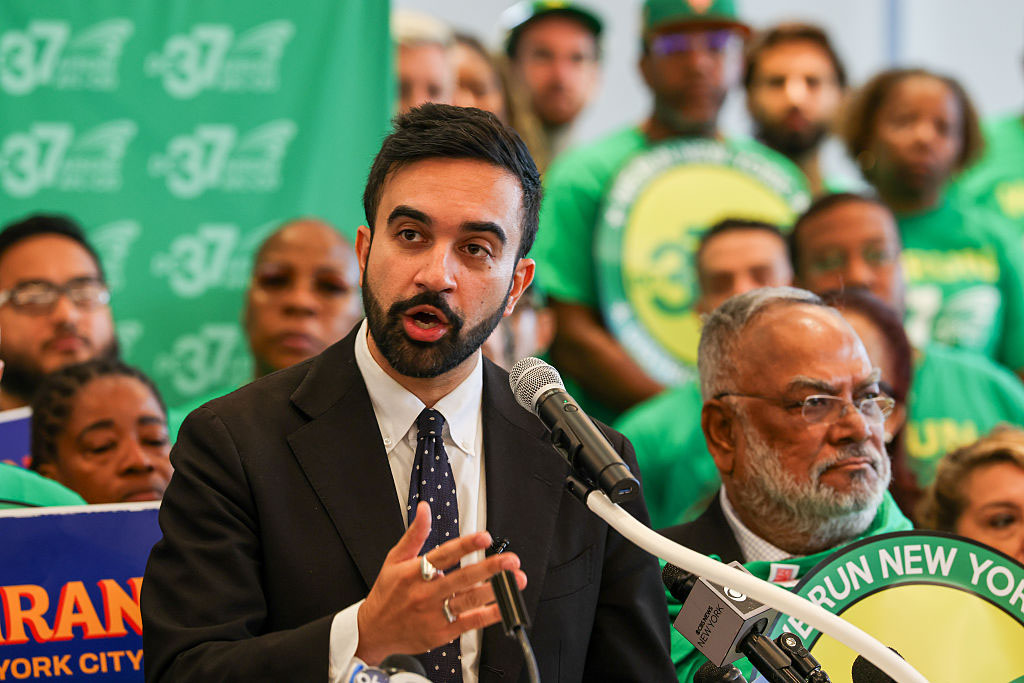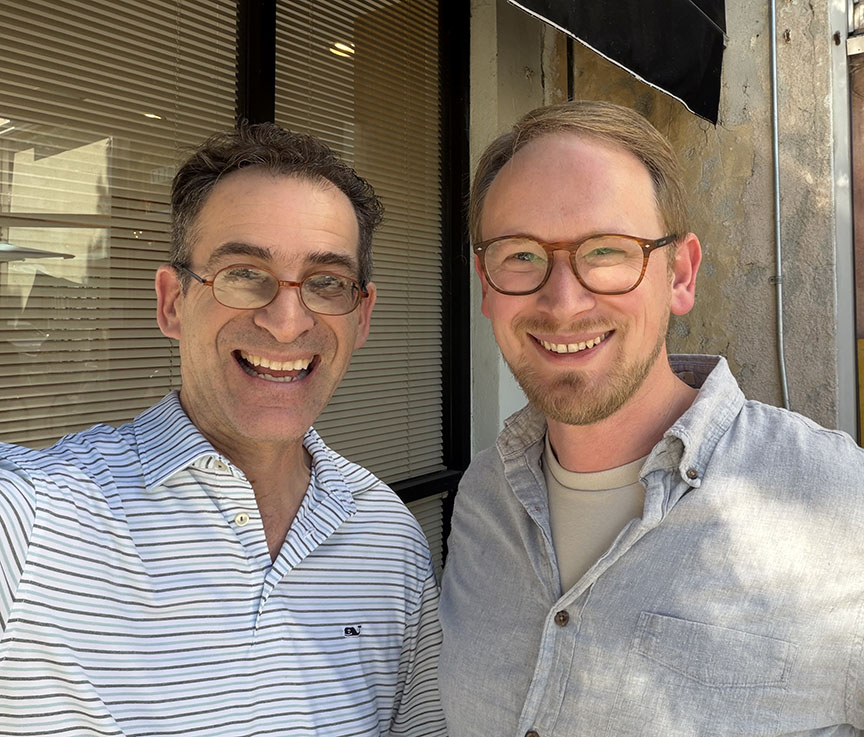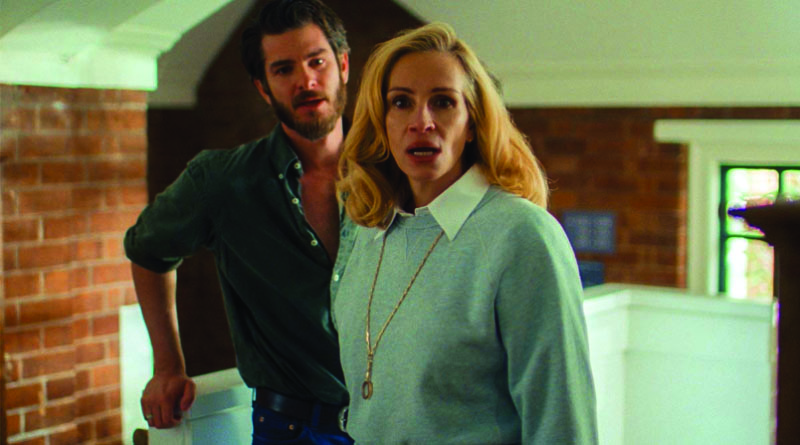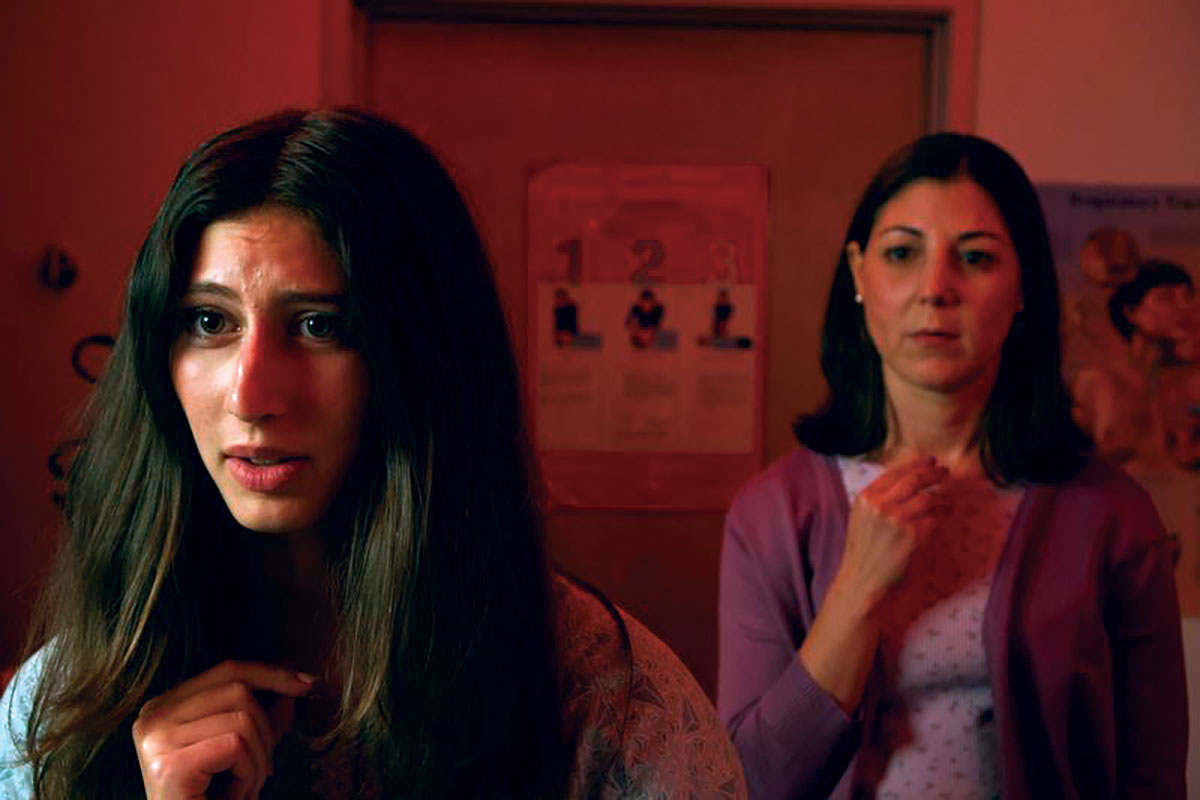With a mixture of elation and nostalgia, filmmaker Steven Spielberg last week formally turned over his Shoah Foundation, with 52,000 videotaped testimonies of Holocaust survivors and witnesses, to the University of Southern California.
“I feel like a proud and wistful parent whose child has graduated high school and is now enrolling at USC,” said Spielberg, who created the Survivors of the Shoah Visual History Foundation as a historical continuation of his Oscar-winning movie “Schindler’s List.”
Since 1994, Spielberg’s “child” has grown into the largest digital library in the world, representing testimonies from 56 countries in 32 languages and totaling 117,000 viewing hours.
As such, the archive was sought by numerous other universities and institutions. USC won out on the strength of its pioneering digital technology research, international outreach and scholarly resources, said Douglas Greenberg, president and CEO of the Shoah Foundation.
It didn’t hurt that Spielberg holds an honorary doctorate from USC and serves on its board of trustees, although he noted that “The best thing USC did was not to accept me,” when the boy who became Hollywood’s most successful director applied to its film school.
During a brief ceremony, USC President Steven B. Sample said that “When I visited the memorial at Auschwitz, I could see that it was, appropriately, about those who died. But the Shoah Foundation is about the living and the indomitable human spirit.”
As a living archive, the foundation’s content has been adapted for feature films and documentaries, has reached nearly 2 million students in 30,000 schools, and makes up parts of 70 collections in 18 countries. It’s widely used in teacher workshops and can be accessed on the Internet in the form of interactive exhibits.
Sample and USC Provost C.L. Max Nikias pledged to preserve and expand the mission of the Shoah Foundation “in perpetuity.” Securing the legacy of this documentation was Spielberg’s primary motive for the transfer.
“When the shifting sands of time reach Los Angeles, USC will still be here,” he said.
He said there also will be another advantage to surrendering control.
“I have been the divining rod of the foundation since its inception,” he said. “There is a prejudice against figureheads in Hollywood. The Shoah Foundation, sad to say, will be taken much more seriously by the world now than [with] a filmmaker at its head.” He noted this admission as something “which I find a little hard to say.”
Out of the $150 million raised and spent by the Shoah Foundation since 1994, Spielberg has personally contributed $65 million, so, he said, “I have done my share.”
The ambitions of the Shoah Foundation’s founder and successor institution go well beyond the current accomplishments.
“In 10 years, I see the foundation as the hub of a wheel with many spokes,” Spielberg said.
The “spokes” will represent the visual histories of man’s inhumanity to man, from the genocides in Rwanda and Darfur and ethnic cleansing in Bosnia to the sufferings of Native Americans and black slaves in the United States.
The transfer foundation to USC will become official on Jan. 1, when its name changes to the USC Shoah Foundation Institute for Visual History and Education and part of the College of Letters, Arts and Sciences.
Foundation CEO Greenberg will continue as executive director of the institute, reporting to the college’s dean and the USC provost. He has also been appointed adjunct professor of history.
Plans call for extensive interdisciplinary collaboration with other USC departments, the USC Casden Institute for the Study of the Jewish Role in American Life, UCLA Center for Jewish Studies, Yad Vashem in Jerusalem, and a range of other universities and institutions in the United States and abroad.
Although he will no longer be “the kosher seal of approval” for the massive project he started, Spielberg said he would remain committed to his goal of “teaching tolerance around the world.”
And he made a pledge to newly established institute: “I will continue to be your ambassador.”









